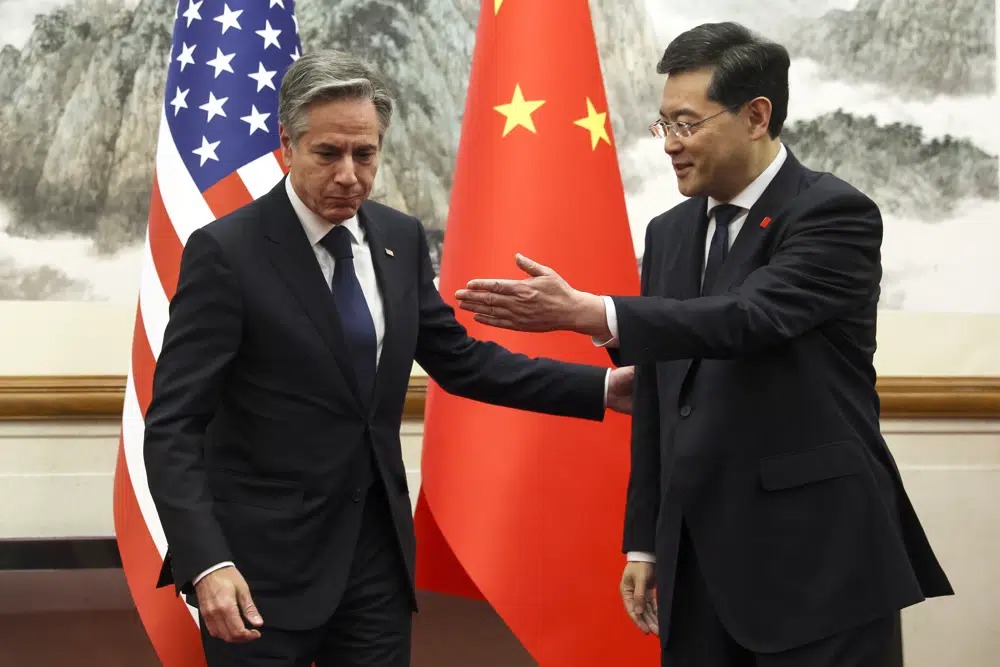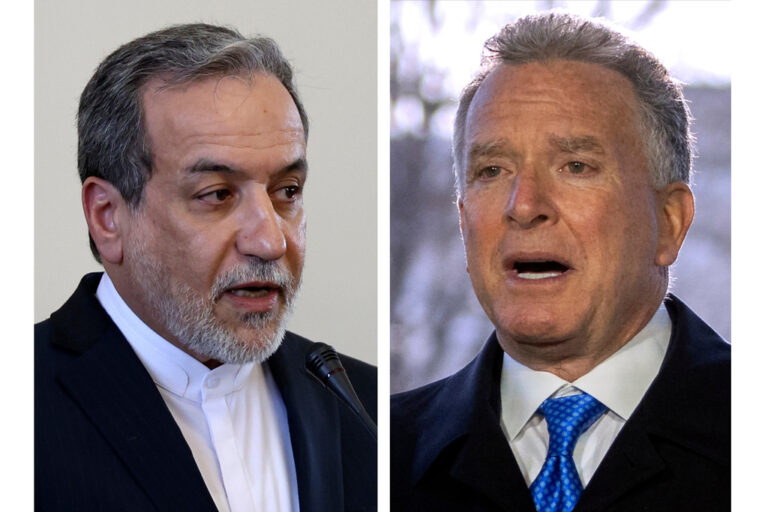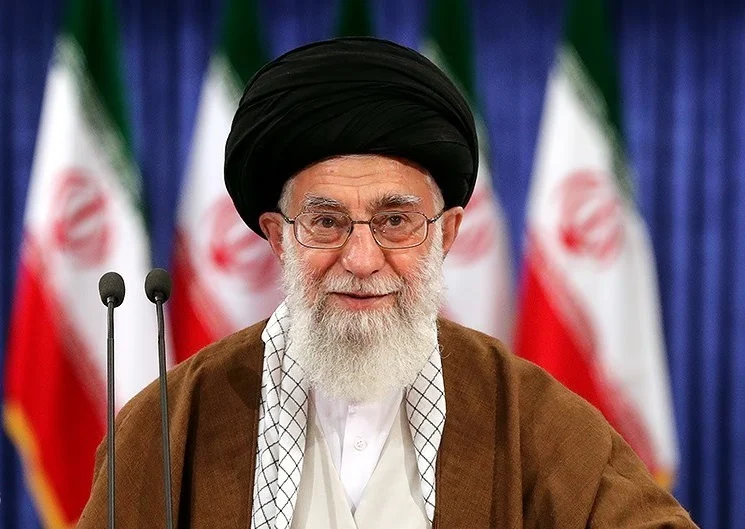U.S. Secretary of State Antony Blinken has wrapped up a closely watched visit to Beijing during which he and President Xi Jinping pledged to stabilize plunging U.S-China ties. But China refused the biggest U.S. request: restoring military-to-military contacts.
Blinken said he raised the issue of military communications “repeatedly” but was rebuffed by the Chinese. “It is absolutely vital that we have these kinds of communications,” he said, adding that it was something the United States will “keep working on.”
Defense Secretary Lloyd Austin and President Joe Biden have called often over the past few months for China to reestablish military communication channels with the U.S.
WHY DID CHINA HALT MILITARY COMMUNICATIONS?
China suspended regular contacts with the U.S. military last August after then-U.S. House Speaker Nancy Pelosi visited Taiwan, challenging Beijing’s principle that other countries should refrain from official exchanges with self-governing Taiwan, which China claims as its own territory.
But the problem existed even before Pelosi’s visit. The U.S. says China has declined or failed to respond to over a dozen requests from the Department of Defense for top-level dialogues since 2021.
WHY DOES THE U.S. WANT TO RESTORE MILITARY CONTACTS?
The U.S. and other nations fear a potential accident involving the U.S. and Chinese militaries that could spiral out of control. In recent months, as tensions between Washington and Beijing have accelerated over a range of issues, including a suspected Chinese spy balloon over U.S. territory, there were several near-collisions of Chinese and U.S. military vessels and aircraft.
In early June, a Chinese warship unexpectedly cut in front of a U.S. destroyer in the Taiwan Strait, forcing it to slow down to avoid impact. Days earlier, a Chinese fighter jet flew in front of a U.S. warplane over the South China Sea in a maneuver the U.S. described as “unnecessarily aggressive.”
Washington wants to avoid an incident like one in 2001, when a U.S. Navy aircraft and a Chinese interceptor jet collided off the Chinese island of Hainan, leading to the Chinese pilot’s death and the U.S. aircraft forced to make an emergency landing in Hainan without Chinese approval.
“The most important thing for the U.S. side is to avoid these accidents,” said Li Nan, a visiting senior fellow who researches China’s military policy at the National University of Singapore.
WHY IS CHINA PUSHING BACK?
China has attributed its refusal to restart military communications to sanctions imposed by Washington, a possible reference to sanctions on its defense minister, Li Shangfu. They were part of a broad package of measures against Russia, predating its invasion of Ukraine, imposed in 2018 over Li’s involvement in China’s purchase of combat aircraft and anti-aircraft missiles from Moscow.
“The U.S. side is surely aware of why there is difficulty in military-to-military exchanges,” said Yang Tao, a Chinese Foreign Ministry official overseeing North American affairs, during a briefing Monday following Blinken’s visit. “One of the reasons is unilateral sanctions against the Chinese side. They first need to remove impediments and create conditions for military-to-military cooperation.”
Li earlier this month declined an invitation to speak with Austin, his U.S. counterpart, on the sidelines of a defense forum in Singapore. The two officials did shake hands before sitting down at the same table during the forum, a gesture Austin said would not suffice. “A cordial handshake over dinner is no substitute for a substantive engagement,” he said.
The U.S. says the sanctions don’t prevent Li from holding talks with U.S. officials. But culturally, Chinese officials may expect a form of public remedy before agreeing to re-engage after sanctions, said Li Nan of the National University of Singapore.
“You impose sanctions on the guy, and then you also want to have dialogue with the guy,” he said. “From the Chinese perspective, that doesn’t make any sense.”
China is also pushing back against NATO’s increased collaboration with countries in the Asia-Pacific region -– including Australia, Japan and New Zealand -– which Beijing considers part of its own sphere of influence, said Willy Lam, an adjunct professor of China studies at the Chinese University of Hong Kong.
WHAT’S DIFFERENT ABOUT HOW THE COUNTRIES SEE THEIR RELATIONSHIP?
Xi said after his meeting with Blinken on Monday that “The competition among major countries is not in line with the trend of the times,” according to the Foreign Ministry.
Beijing instead sees U.S. policies toward China, such as curbing its access to important technology, as attempts to contain its rise.
“The United States and China are in a sense talking past each other,” said Paul Haenle, a National Security Council official in the Bush and Obama administrations. “At the highest level, there is still not agreement … in terms of how the two major powers should interact, and I think that will make it difficult for the two sides going forward.”
(AP)












One Response
As long as they agree not to have World War III, there is no reason to worry. If China gets involved in a real war with anyone the United States if friends with (e.g. Taiwan, Philippines, Japan, India or even Vietnam), the United States will cut off trade with China, at the very least. Also China is much less developed than the USA, and has a seriously shrinking population and no potential for attracting immigrants – so China, like Japan 80 years ago, knows it is biting of more than it can chew if it starts a war.